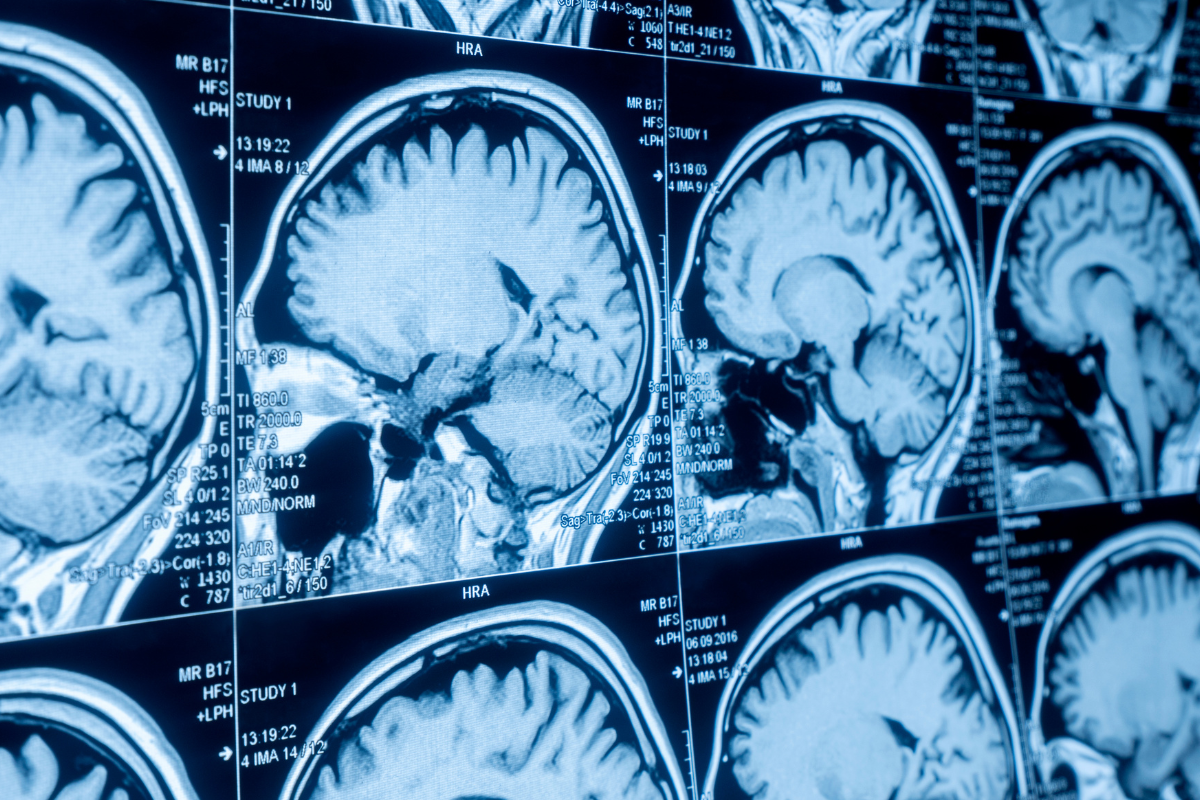That’s the striking conclusion from new research published in Nature Medicine, where scientists at Stanford University analysed blood samples from 45,000 people to estimate the biological age of 11 different organs, including the brain, heart, liver, and immune system.
The study found that how quickly your brain ages plays a far bigger role in determining your overall longevity than any other part of your body. It also showed that people with faster-ageing brains were 12 times more likely to develop Alzheimer’s, and 182% more likely to die from any cause over the next 15 years.
What do they mean by “biological age”?
Unlike your birthday, biological age refers to how ‘old’ your cells and tissues appear based on molecular wear and tear. In this study, scientists looked at protein signatures in the blood (these are a kind of ‘whisper’ from organ to organ) to calculate the biological age of that system. So while your passport might say 50, your brain could be biologically 60… or 40.
This is potentially a Big Deal in longevity science, because unlike many diagnostic tools that detect problems after they emerge, biological age could help flag risk before symptoms show up - giving us time to act to protect our noggin and reduce cognitive decline.
What’s happening in the brain?
What makes these findings so remarkable is that the ‘old brain’ in this study wasn’t measured by memory tests or MRI scans. It was detected purely through protein signals in the blood. These signals weren’t just correlated with ageing; they were predictive. And ultimately, while a fast-ageing brain could indicate cognitive decline, it could also show a higher risk of dying earlier.
The study also found that the immune system is the second most important factor in lifespan, suggesting that the connection between our brain and body - especially inflammation and ageing - isn’t something we should ignore.
So, what can we actually do about it?
We can’t reverse our biological age, yet. But there is growing evidence that we can slow it down - especially in the brain.
Sleep, movement, mental stimulation, and nutrition are key ways that we can slow down the impact of aging on our body and brain. Reducing inflammation by ensuring our diet is rich with nutrients like omega-3 fatty acids, B vitamins, and adaptogens that support stress resilience are increasingly being studied for their role in supporting cognitive aging.
Noggin’s supplements such as Fish Oil and PAUSE do exactly this, and help to nourish your brain and support a healthy diet that prioritises brain health. We’re watching the developments in this area closely, and in the meantime, we’ll keep supporting your noggin the best way we know how.









